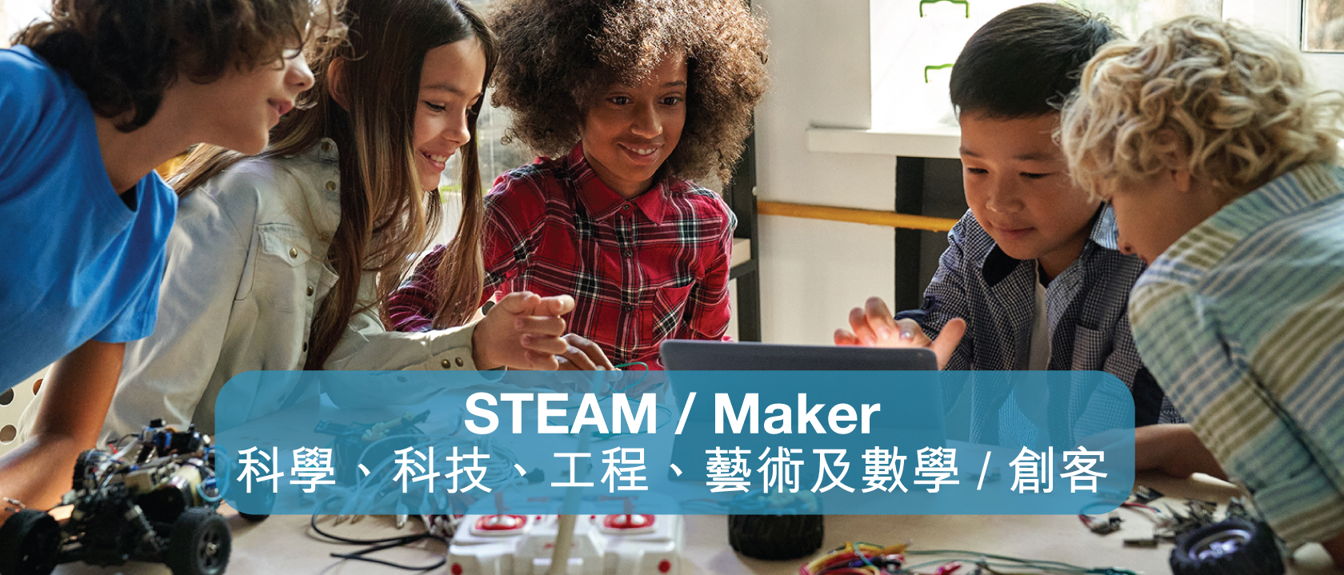
From Making a CubeSat Satellite to Developing a School-based Space Curriculum
InnoSTEMer
Overview
Hong Kong scientists are being engaged in China space missions while Hong Kong is undergoing an educational reform of science and STEAM education in which space science is included. Following the first-ever satellite produced by Hong Kong secondary school students and tested successfully in April, a school-based space curriculum from upper primary to secondary school has been constructed.
The seminar would first illustrate how a CubeSat satellite was produced through a weekly online programme offered by Sakha Science Academy about space science and related technical means of electronic engineering, coding, mathematical modelling and space experiment design from Nov 2023 to Mar 2024 and the in-situ production at Sakha Science Academy afterwards. The second part of the sharing would outline how this fruitful blended learning experience radiated to the construction of a well-structured school-based space curriculum from upper primary to secondary school. The continuum of curriculum not only covers space science and CubeSat satellite production with various functionalities, but also includes other technologies such as IOT, remote sensing, space vehicles, rocket science and support infrastructure. All these equip future leaders with necessary space knowledge, skills and values of making contributions to the mankind and Hong Kong as an innovation hub. The participating educators and curriculum developers would gain the insights and skills of incorporating CubeSat satellite into school curricula. First, they may understand the CubeSat technology and its educational applications that enrich STEAM education through practical engagement with reference to the successful Mission S, the production of satellite by the secondary school students. Besides, the attendees would acquire the process of developing a school-based space curriculum that include the continuum of space knowledge and the building up of functionalities of the CubeSat satellite, as well as other technologies such as IOT, remote sensing, space vehicles, rocket science and support infrastructure at different year levels in KS2 General Studies, KS3 Integrated Science, KS4 Physics and related enrichment programmes. The learning objectives and approaches would be explained.
Participants of this seminar will:
1. understand the functions and educational potential of CubeSat satellite, including how to design and construct in a school setting;
2. acquire practical skills of integrating CubeSat projects and relevant subjects into school curricula, enhancing STEAM education; and
3. articulate a school-based space curriculum from primary to secondary schools that fosters a dynamic and trans-disciplinary educational environment.


